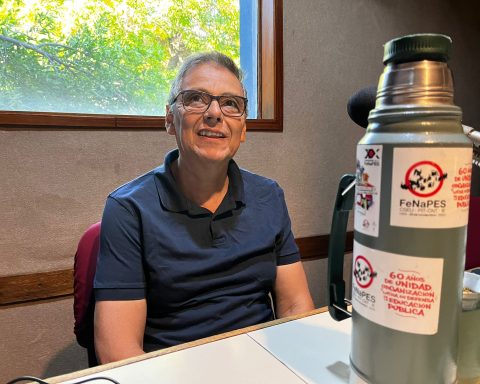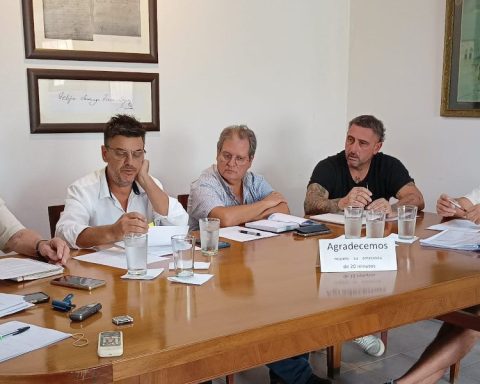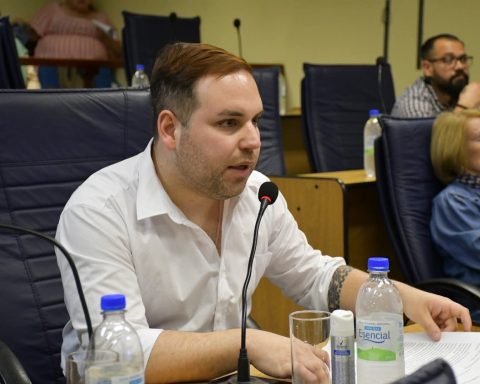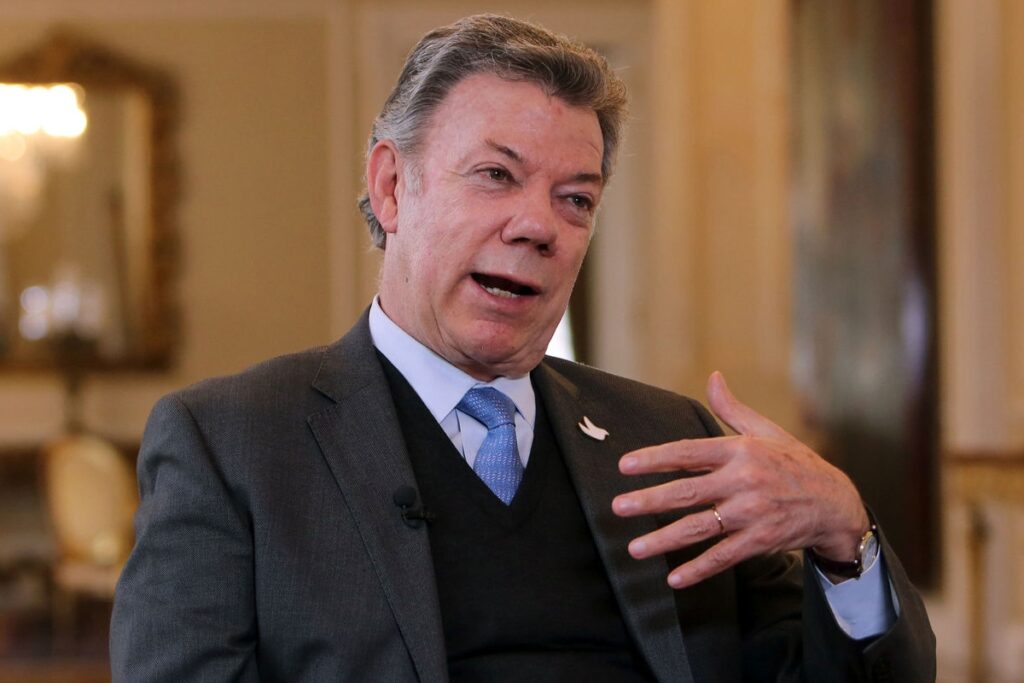Unlike the bulk of private workers who already last year returned to the usual salary negotiation regime, there is a group of some 35,000 workers who belong to sectors “very affected” by the pandemic that have not yet been affected.
These are items, mostly directly linked to tourism, such as gastronomy, hotels, passenger transport and travel agencies, among others, which in the last two years had two consecutive bridging agreements. The last agreement expired on June 30 and now the Executive Branch must define the guidelines that will guide future salary corrections.
consulted by The Observer, the National Director of Labor, Federico Daverede, affirmed that they are in full negotiation with the Ministry of Economy and Finance (MEF) to define the issue.
The bridging rounds determined a strong loss of purchasing power of wages. These sectors of activity had a total increase of 6.09% in that period as a result of two nominal adjustments of 3% each in April 2021 and January 2022. Meanwhile, the accumulated inflation between July 2020 and June 2022 was 17.3%. This determines that the accumulated loss in the last two years is 10.57%, according to calculations by the Cuesta Duarte Institute of the PIT-CNT.
When the government defined the general wage guidelines in mid-2021, it opted for a second bridge for those activities, given that their prospects were “very complicated” and it was not considered appropriate to incorporate them into a regime of agreements with a horizon of two years until mid-2023 like the rest of the sectors. In fact, a good part of the workers who were on unemployment insurance were from those sectors. “Asking them for an increase or recovery of purchasing power is asking for something impossible,” Labor Minister Pablo Mieres had said on that occasion.
The list includes hotels, restaurantsbars, free shops, school transport, organization and realization of parties and events, travel agencies, ground transportation for tourist groups and excursions. Also to movie theaters, theaters, artists and related non-advertising activities and sports clubs, among others that have returned to work today.
The general data shows a recovery of the economy and engines such as consumption, but in the new negotiation the particular situation of each item will come into play. It is to be hoped that the unions bet their batteries to recover purchasing power as quickly as possible, and also go for mechanisms that ensure that wages will not continue to be lost if inflation deviates from official forecasts. That has been the flag raised by the PIT-CNT in the rest of the negotiations.
And it is also likely that the analysis of the employer sector will show concern about the next tourist season. The latest news from Argentina is not encouraging for an industry that largely depends on that market in the summer harvest.
















